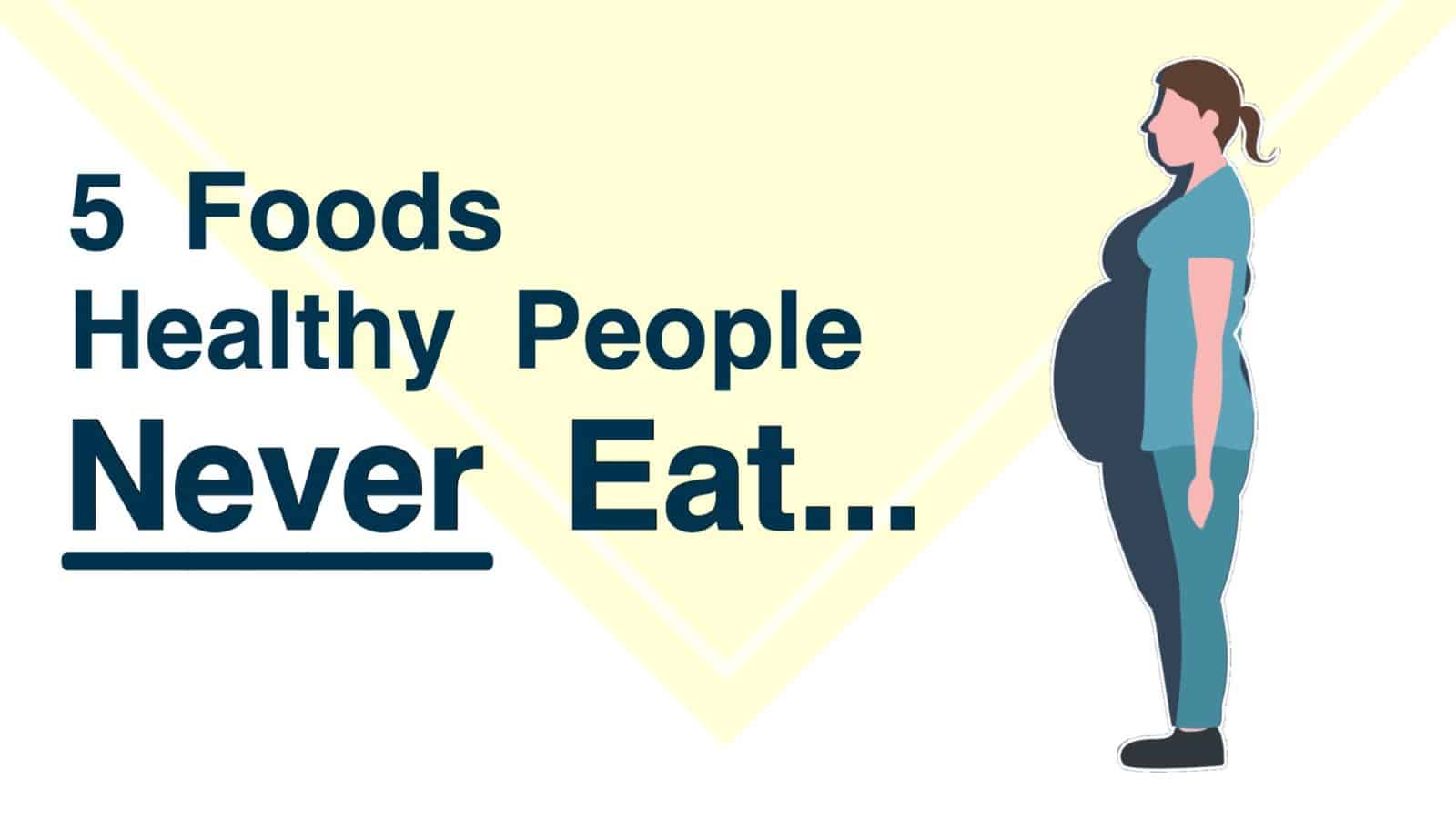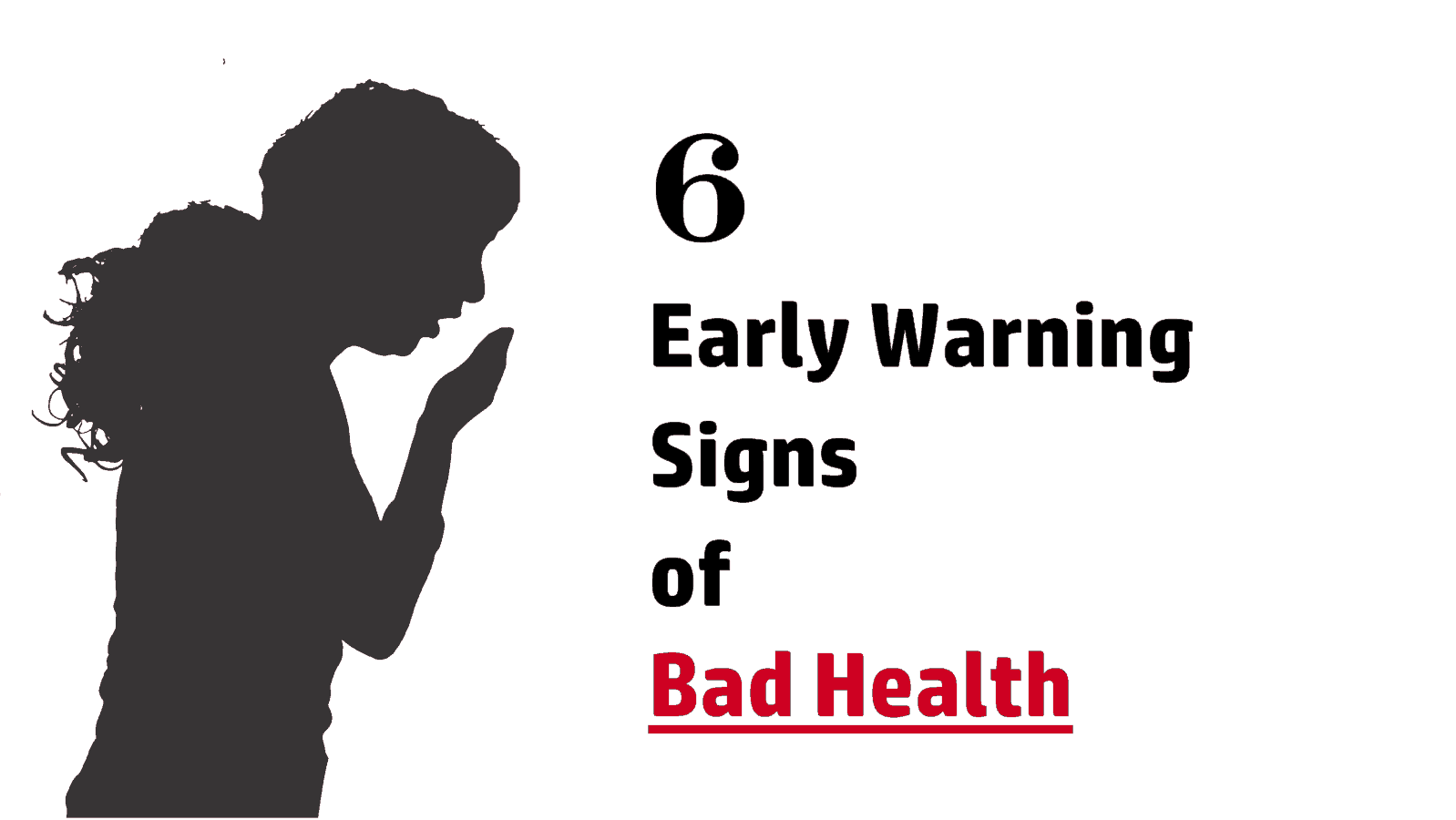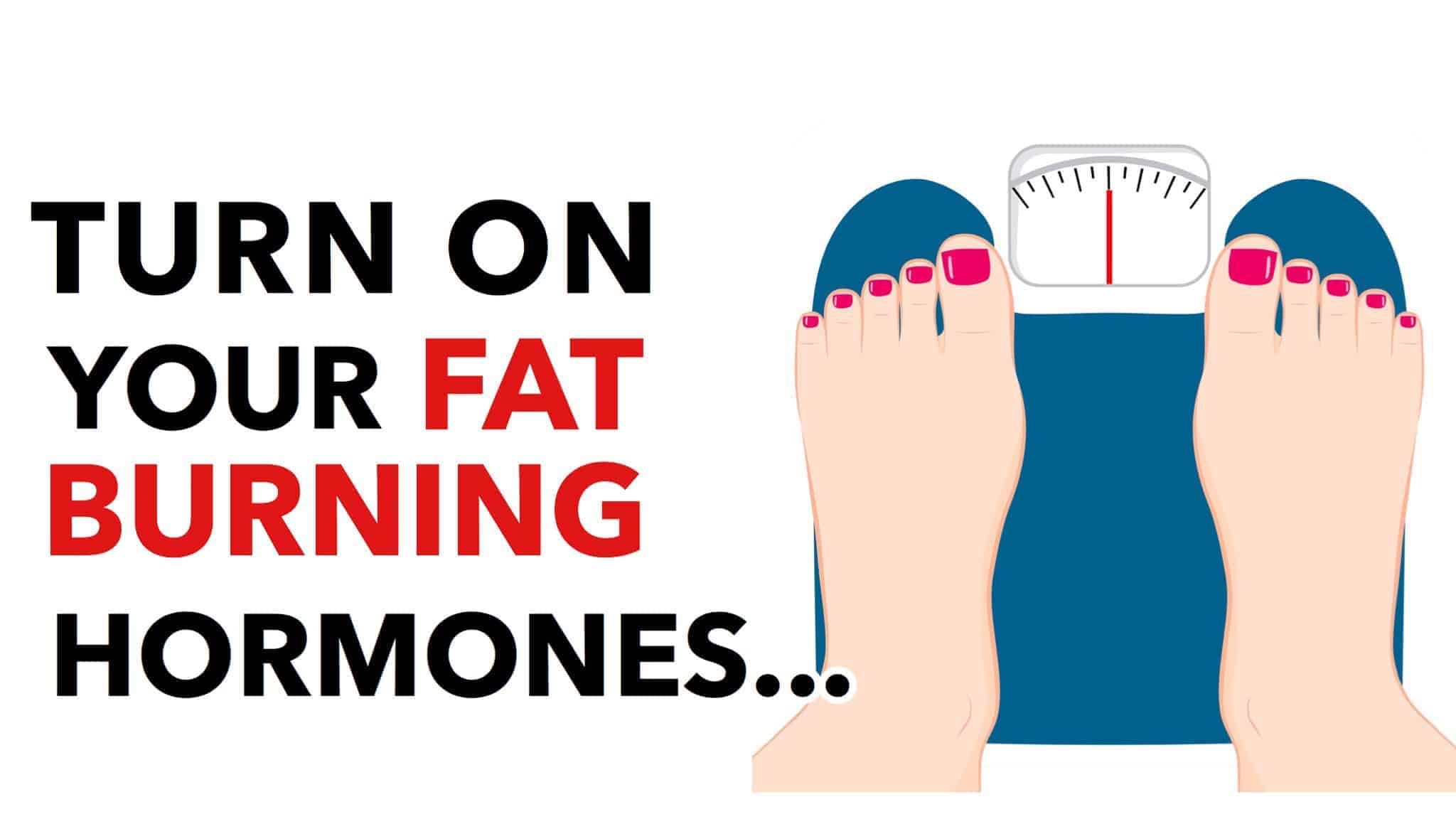Falling in love is an amazing feeling. At first, everything seems so intense and beautiful. Even when the honeymoon feeling begins to fade, relationships fall into that comfortable place where everything just seems happy. To keep that feeling, and to keep that love and relationship going strong, takes a bit of work on both partners’ parts.
Continuing to love someone and make a relationship work brings joy to everyone’s life, and researchers have now found the perfect way to make a love continue to go strong forever. Relationship experts have long been doling out advice on how to keep your relationship strong and your love burning bright. Now, we will reveal three secrets that will help your love last forever.
Here Are 3 Secrets That Will Make Love Last Forever
“You have been the summary of my entire existence; my biggest weakness, my greatest strength. The weathers of my life start and end with you. You complete me.” – Sapan Saxena
1. Open communication about you and your partner’s needs
Sometimes, we tend to expect our partners to be able to read our minds. Communication is key to any relationship, but what will make a relationship last forever is a very specific kind of communication: communicating your needs. Perhaps your partner is running late for a date that you’ve been planning for weeks. In your own head, you may feel like this means that your partner doesn’t care about your time together, and when they finally arrive, you give them the cold shoulder. On the other hand, your partner was actually held up at work and couldn’t get out of it, and they didn’t really mean to be late. All they could think about was getting to your important date on time.
In his book ‘Love Is Never Enough: How Couples Can Overcome Misunderstanding ‘, Dr. Aaron T. Beck writes, “When spouses’ high expectations are thwarted, they are prone to jump to negative conclusions about the partner’s state of mind and the state of the marriage. Interpreting a partner’s motives in this way is fraught with danger, simply because we cannot read other people’s minds.”
Without communicating your needs – in this case, the need for your time to be respected – your partner isn’t going to understand that their lateness hurt you, and you won’t know that your partner was thinking about you the entire time. Communicating what you need in these kinds of situations will keep both you and your partner happy, but also open the line of communication for compromising in situations.
When you tell your partner that you would appreciate a text or phone call if they were going to be late, you’re communicating your needs and letting your partner know how to better love you – which means your partner will do the same. Being open and honest about your needs, and receptive about your partner’s needs, is the key to a strong relationship. This will keep your love lasting forever.
2. Get rid of any unspoken rules
Just the same way you can’t read your partner’s mind, they can’t read your mind either! When something feels obvious to you, it may not be obvious to them. When you find yourself becoming upset over something your partner has done, or not done, or said, or not said, take a step back and ask yourself what you expected your partner to do instead. If it isn’t something obvious that any polite adult would know to do, maybe it’s become an unspoken rule that your partner isn’t aware of. This can happen in the reverse as well, if your partner becomes upset over something you didn’t know to do.
“A relationship is not a guessing game. Many people fear stating their needs and, as a result, camouflage them. The result is disappointment at not getting what they want and anger at a partner for not having met their (unspoken) needs,” says author Hara Estroff Marano.
Take some time to sit down together and air out those “unspoken” rules. Make them spoken, and then decide if they’re arbitrary or if you need them at all. A lot of the time, you’ll find that the answer is actually “No”. Relationships that work have an open and honest understanding of what is expected in the relationship from both partners. When you start laying out the expectations that you have for the relationship, both you and your partner will be able to love one another better – and for longer.
3. Assume the best of each other
We humans sometimes make it a habit to assume the worst of people. Fortunately, the “worst” is most often not the case, especially when it comes to our loved ones!
“One of the biggest challenges in communication in relationships is that it is easy to misinterpret or be misinterpreted. People often assume the worst possible interpretation instead of asking for clarification. This behavior makes mountains out of molehills and causes friction in marriages. It also leads to unwarranted overreactions, which can destroy a happy marriage,” says Mike Tucker, speaker and director for Faith For Today Television.
Learning to assume the best out of your partner will both ease a lot of arguments and tension, as well as keep your love flowing endlessly between the both of you. Of course, you would want your partner to assume the best of you, considering that you’re often trying your best!
So, take that urge to assume the worst and twist it around so that you can create a positive, loving environment in your relationship. Talk about things that are upsetting you quickly and without assuming what the other party meant until your partner is able to fully articulate their intentions.
Final thoughts
Loving someone is the easiest thing in the world! In the end, so is keeping your relationship strong and your love going forever. All you have to do is take a few steps back and make sure that your communication doesn’t falter. Just watch how wonderful and positive your life is when you utilize these secrets to make your love last forever.









